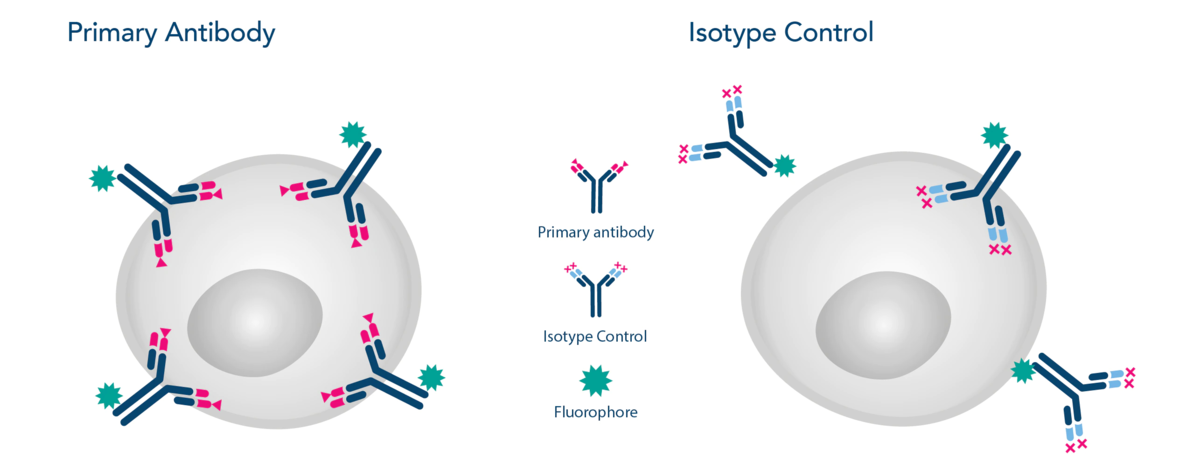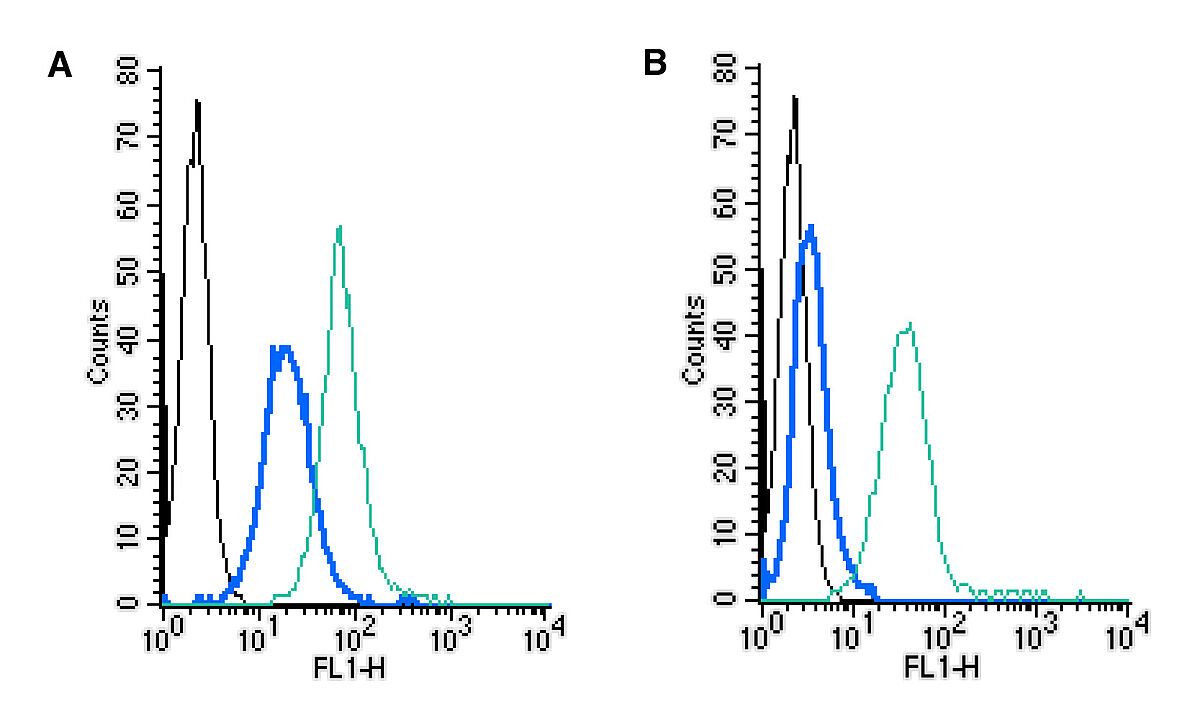What is an Isotype Control?
An isotype control is an antibody that looks like your regular antibody, but it doesn’t bind to a specific target like you want your usual primary antibody to.
Isotype control antibodies have (or at least should have) the same immunoglobulin class and subclass as the primary antibody being used in the experiment, but lack specificity to the protein of interest.
Why use an Isotype Control?
The reason’s in the name: it’s a control. An isotype control is an antibody that is used as a negative control in antibody staining applications. They allow you to distinguish between specific antibody staining and background staining in your experiments.
Background staining can arise for several reasons, but one is Fc receptor interactions. While the focus is usually on the Fab region, where the useful target-specific binding happens, the Fc region can also be bound. Antibodies (and sometimes their conjugates) can non-specifically bind to other proteins, endogenous enzymes, lipids, and Fc receptors. This is because you’ll find Fc receptors on a range of cells, proteins, and lipids that you have no interest in.
Isotype controls are a particular type of negative control that feature the same Fc region as the antibody the actual experiment is being conducted with but a variable region that should not bind antigen in the experiment. The Fc region can interact specifically with Fc receptors or complement; hence, it is necessary to control for this “background” when staining for cell-surface markers. These interactions may even be across species; e.g., rat IgG with mouse Fc receptors. Therefore, a diverse panel of isotype controls was traditionally required when performing flow cytometry.
Advantages of using an Isotype Control
By running a control experiment alongside your main experiment, using the isotype control instead of your usual primary antibody, and ensuring all other conditions are the same – concentration, buffers, temperature – you can determine the extent of non-specific background (i.e., establish your threshold for unstained samples).
Including an isotype control as a negative control in your experiment allows you to determine whether the blocking and/or washing steps in your protocol are sufficient.
To show that identification of a particular band on a Western Blot or staining for a cell-surface marker in flow cytometry using an antibody is specific, a negative control may be used which should not result in similar band patterns or staining.
For flow cytometry, you might already run a ‘fluorescence minus one’ (FMO) control where you include everything as usual except the reagent you’re establishing your threshold for. Isotype controls are a great alternative as long as the isotype control has the same nonspecific binding capacity as your experimental antibody.
This type of control is especially important to include in in vivo or in vitro blocking/neutralization/depletion/activation experiments when the readout is a phenotypic change.
How do I choose the best Isotype Control?
An isotype control should match certain characteristics of your primary antibody:
- Same host species
- Same Ig class
- Same Ig subclass (for some species)
- Same label as primary antibody (biotin, HRP, fluorophore, etc.)
As an example, if you are using a primary antibody that is a mouse IgG2b antibody conjugated to FITC, you would want to choose a mouse IgG2b isotype control antibody that is also conjugated to FITC.
If you are using an unconjugated primary antibody and a secondary antibody for detection, your isotype control should match your primary antibody to determine non-specific binding of the primary antibody. A secondary-only control (a sample stained with only secondary antibody; no primary antibody used) can be included as a control to determine any background staining by the secondary antibody.
Image 4: Standardized controls offered by Absolute Antibody
New FITC-conjugated Isotype Control
It’s important that a control reagent is as close to the experimental antibody you’re using as possible. The new isotype controls by Alomone Labs were labeled using the same protocols that were developed and refined for labeling the regular conjugated antibodies. This means the isotype control has the same fluorophore to protein ratio (F:P ratio) as any other conjugated antibody you get from Alomone Labs (5–10 fluorophore molecules per antibody molecule). These isotype controls also undergo the same purification process after labeling so everything is at the same standard.
Image 5: Establishing the effectiveness of the Rabbit IgG Isotype Control-FITC (#RIC-001-F) control alongside cell surface detection of MERTK by direct flow cytometry in a live intact mouse J774 macrophage cell line. (A) The absence of an Fc block. (B) The presence of an Fc block. Black: unstained cells. Blue: cells + Rabbit IgG Isotype Control-FITC (#RIC-001-F), (2.5µg). Green: cells + Anti-MERTK (extracellular)-FITC Antibody (#ATR-033-F), (2.5µg).
Once there is a working reagent, the isotype control is tested in tandem with several experimental antibodies in multiple cell types (J774, BV-2, Jurkat, THP-1, and TK-1) and species (mouse and human). And since flow cytometry is the likely focus for these reagents, they were validated by staining cell surface proteins on living cells and analyzing this via flow cytometry.
The end result? A robust control to add to your flow cytometry work, made and tested in-house, to give you more confidence in your data.
Download Whitepaper Isotype control antibodies
Suppliers
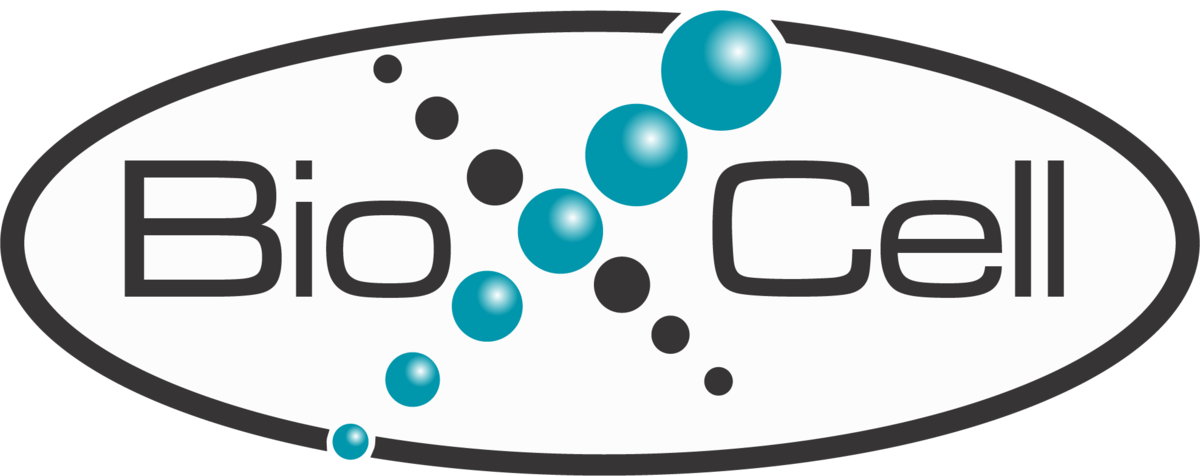
Bio X Cell
Bio X Cell is a specialist for high quality monoclonal antibodies for in vivo research. Antibodies have low endotoxin levels and no preservers.

Absolute Antibody
Absolute Antibody is an expert in engineering recombinant antibodies for in vivo research. Their custom services include hybridoma sequencing, antibody engineering and expression.
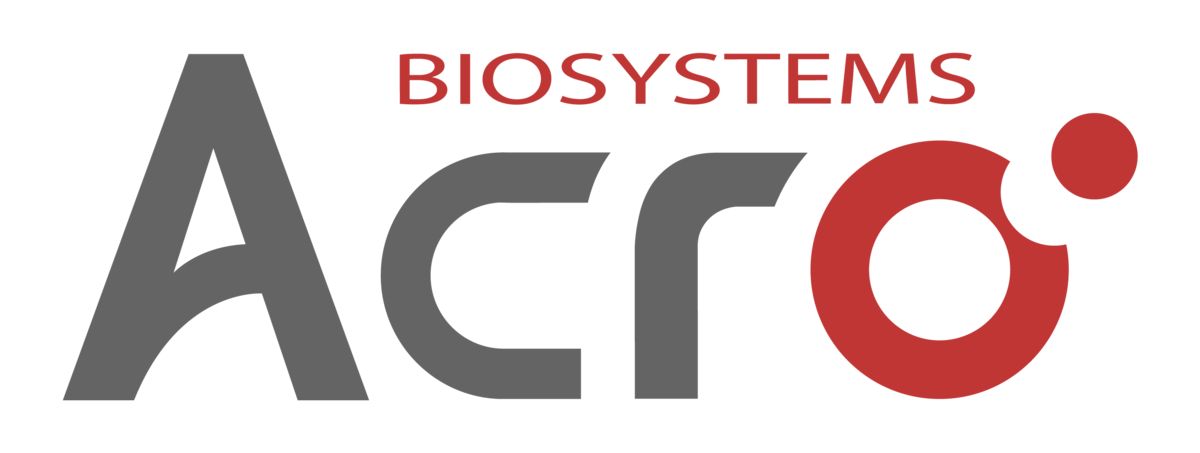
ACROBiosystems
ACROBiosystems is a leading manufacturer of recombinant proteins and other critical reagents to support the development of target therapeutics, vaccines, and diagnostics.

GeneTex
GeneTex offers primary & secondary antibodies validated with multiple methods.
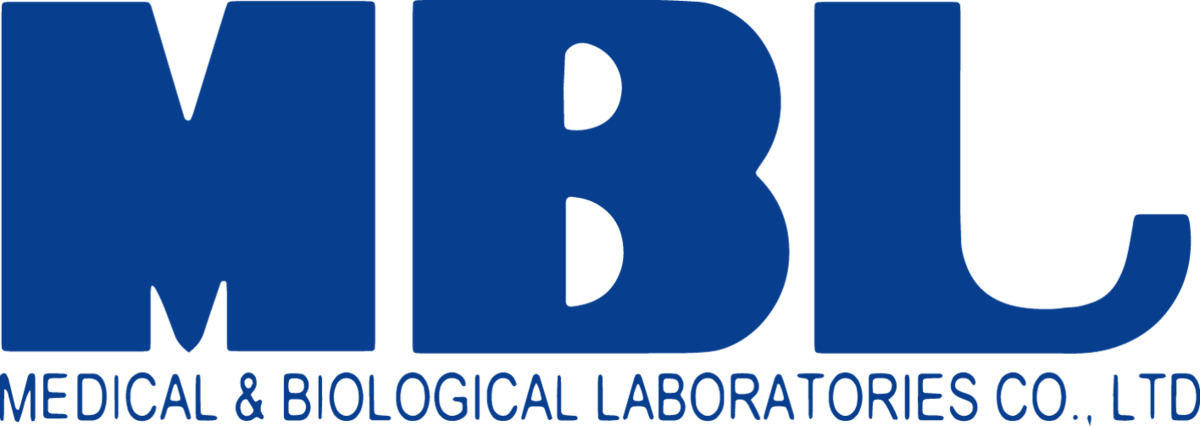
MBL - MBL International Corporation
MBL - MBL International Corporation: immunology, immuno-oncology and autoimmune diseases. MHC tetramers & monomers, antibodies, in vivo grade antibody controls.
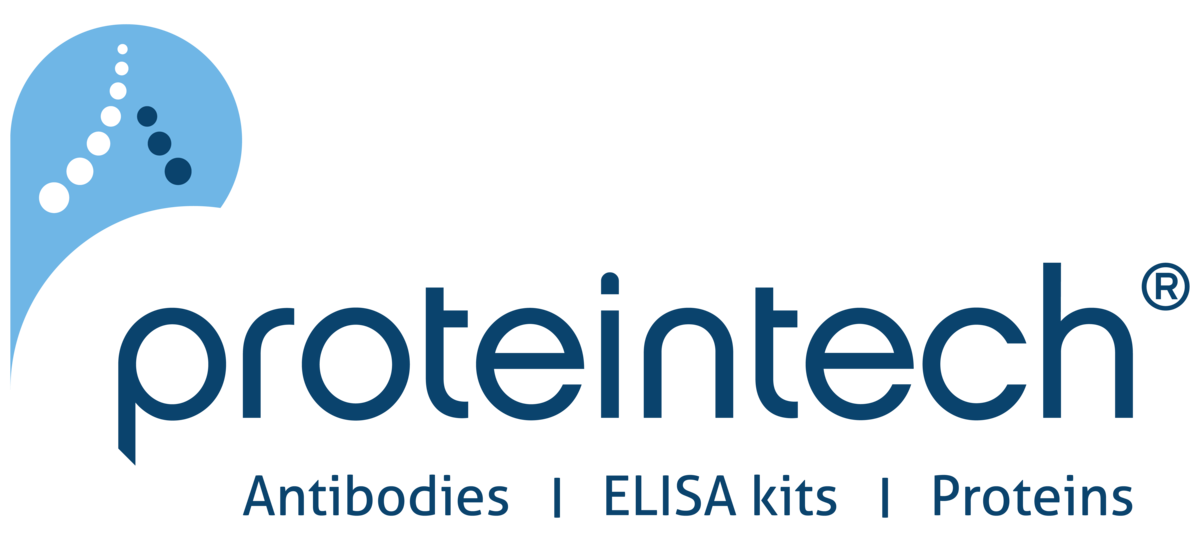
Proteintech
Primary antibodies, nanobodies, cytokines & growth factors - all made in-house. Strict validation by western blot, ELISA and siRNA testing.

